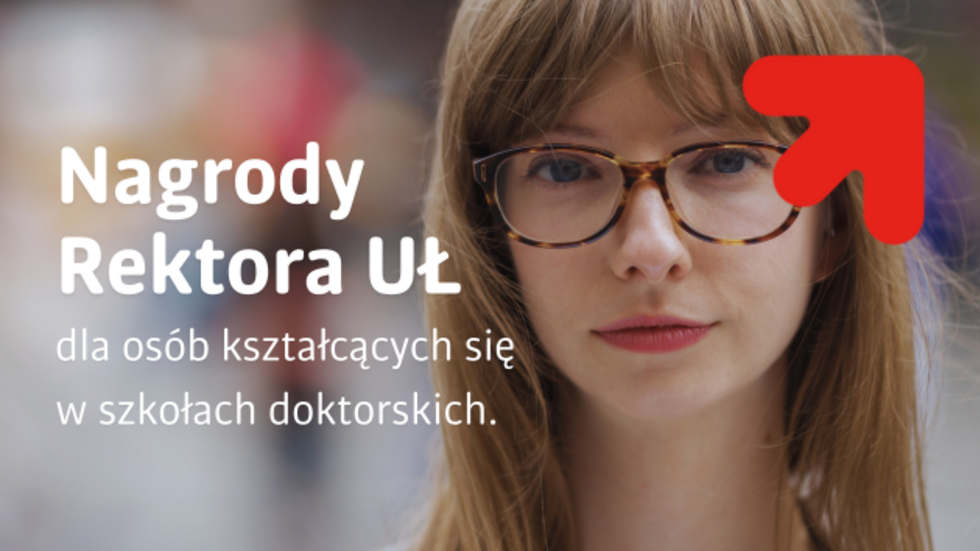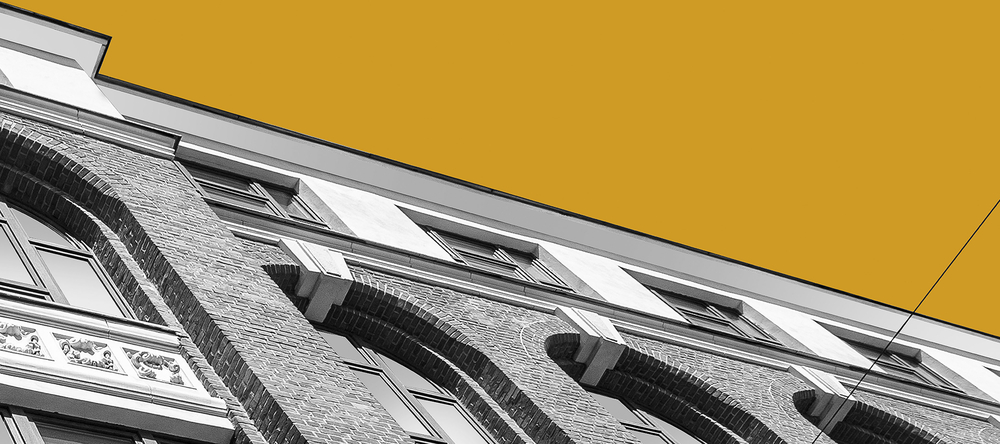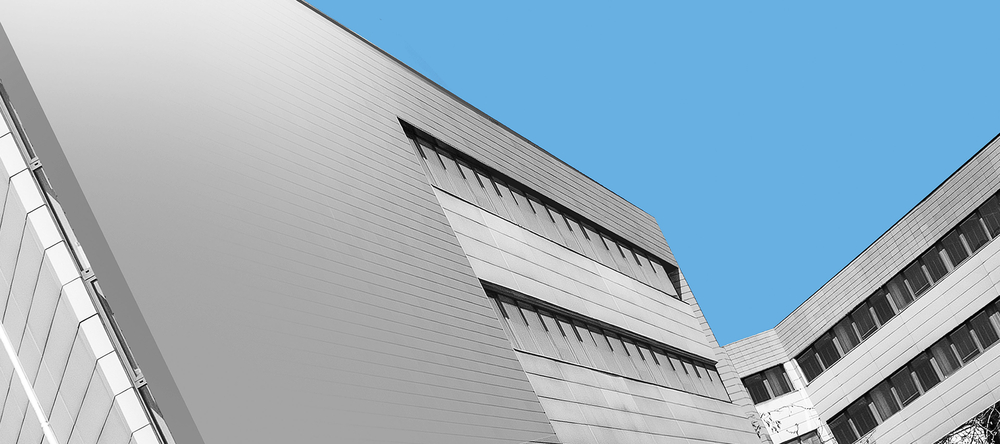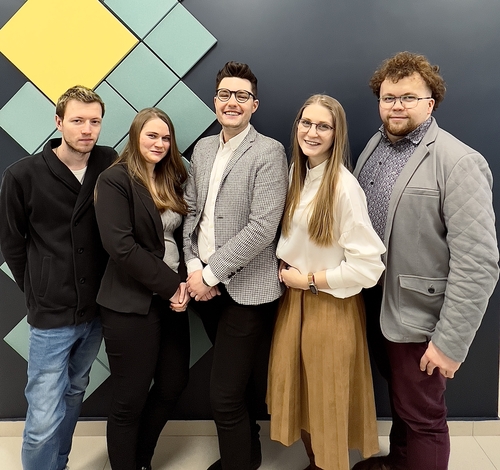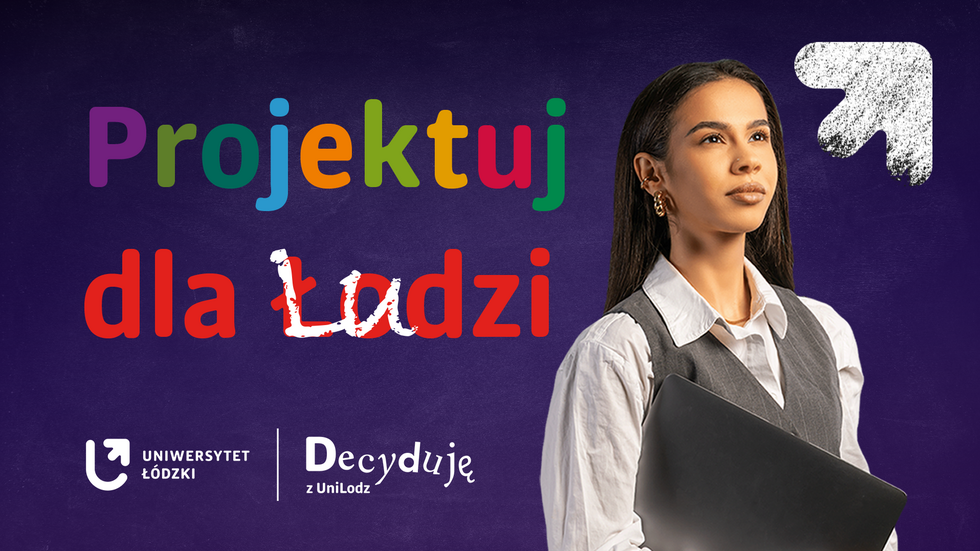

How to Write Correctly, Concisely and to the Point? Scientific Writing Workshop
Category:
Uniwersytet

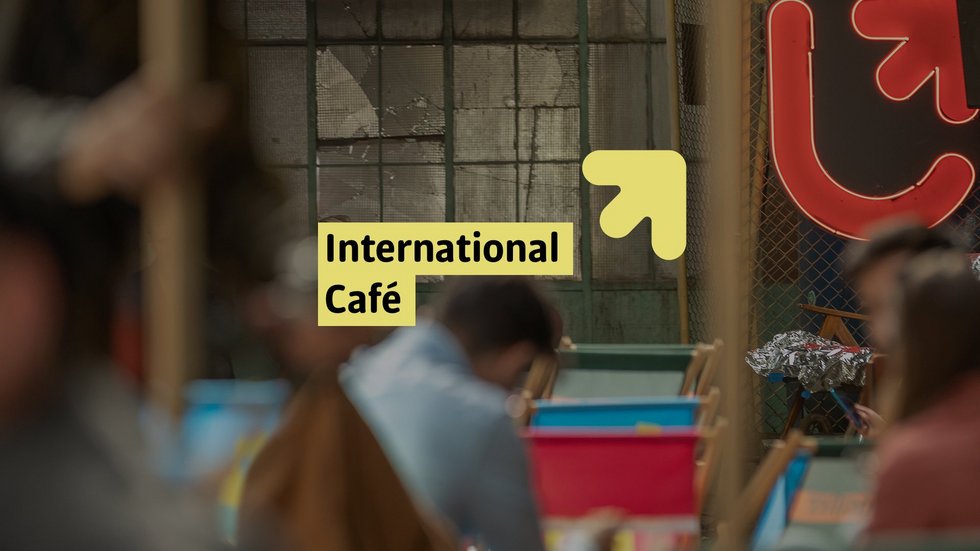


Community, Principles and Responsibility – Disciplinary Procedures at UniLodz
Category:
Uniwersytet
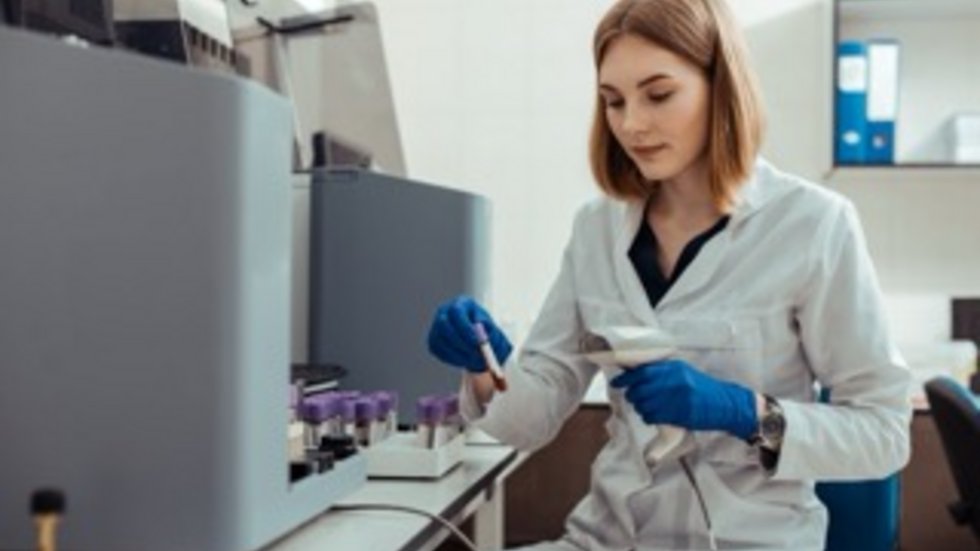
The UniLodz Research Ethics Committee – Meeting in March
Category:
Uniwersytet
![[Translate to English:] radosne osoby podnoszą ręce](/fileadmin/_processed_/f/a/csm_9x4_II_teamwork_sukces_4ae1a69f77.jpg)
Results of Research Awards of UL Rector (2025/26) in UL Doctoral Schools
Category:
Uniwersytet
![[Translate to English:] International Café](/fileadmin/_processed_/4/9/csm_www_16x9_internationacafe_a07a6b3e83.jpg)

Soft Skills Training for the UniLodz International Researchers and Doctoral Students
Category:
Uniwersytet
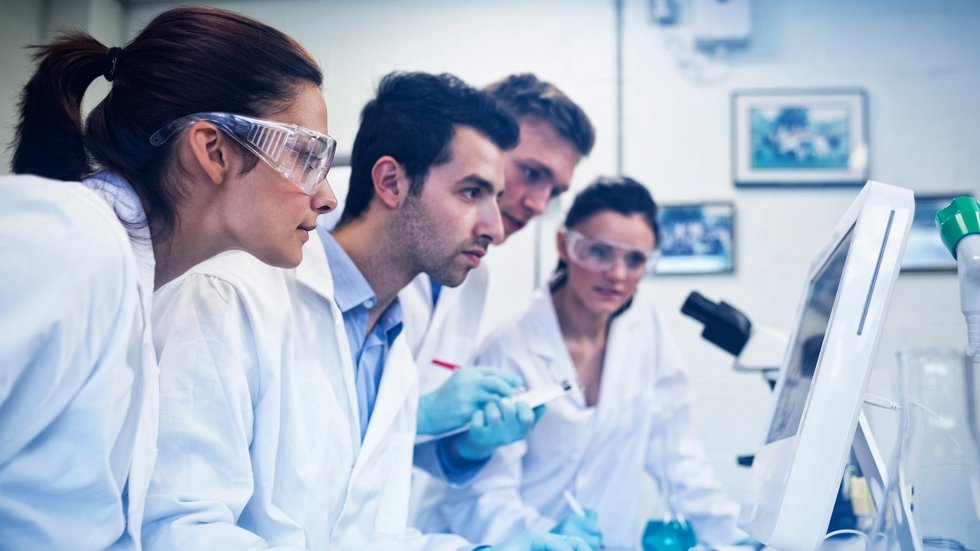
The UniLodz Research Ethics Committee – Meeting in January
Category:
Uniwersytet
![[Translate to English:] choinka](/fileadmin/_processed_/0/9/csm_gwiazdka_ejaj_a185d43841.png)

![[Translate to English:] logo STER](/fileadmin/_processed_/a/9/csm_ster-mini_b1cbb9d040.png)
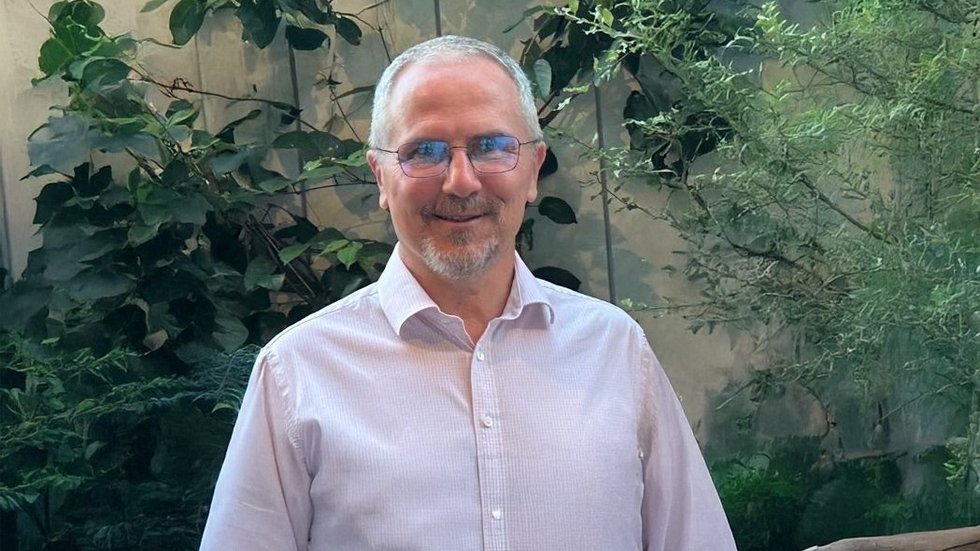
The University of Lodz Rector’s Representative for Doctoral Schools
Category:
Uniwersytet
![[Translate to English:] abstrakcja](/fileadmin/_processed_/5/3/csm_9x4_wydzialy_zaslepki_0000s_0002_wydzialy_stopki_300ppi_0010_wfh_934e020951.jpg)
![[Translate to English:] Nagroda Rektora](/fileadmin/_processed_/b/3/csm_AdobeStock_296552751_29e790d508.jpeg)

UniLodz Doctoral Schools in the "Lodz for the Young" programme
Category:
Uniwersytet

Effective Collaboration Between Doctoral Candidate and Supervisor – Registration Is Open
Category:
Uniwersytet
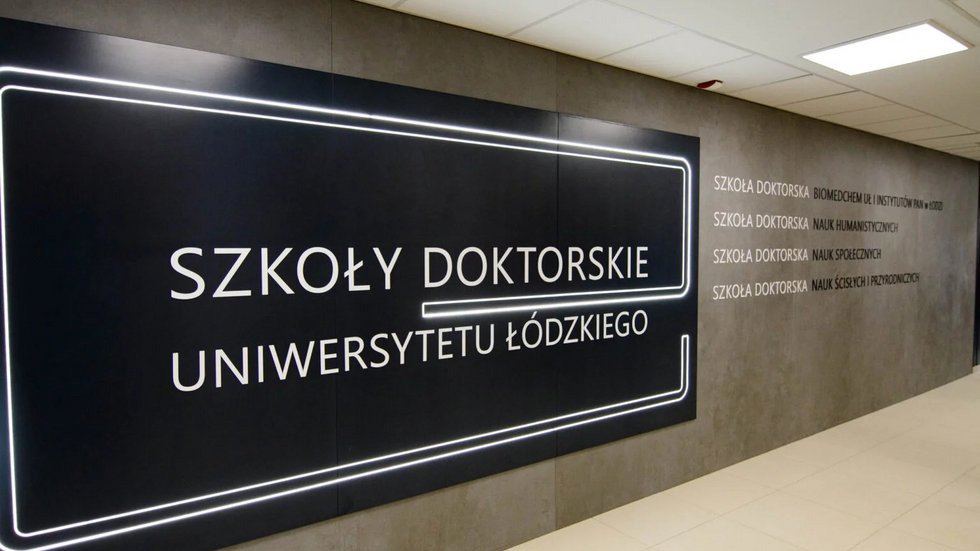
"Doctoral Dissertation as a Project – Planning, Management, Implementation" Training
Category:
Uniwersytet
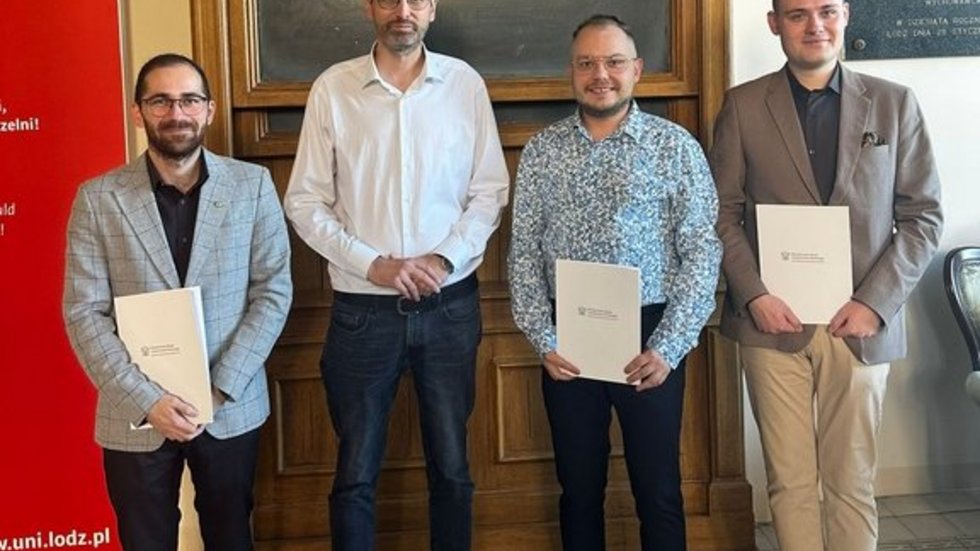
UniLodz Rector Honours Young Researchers, Holders of the Minister of Science Scholarship
Category:
Uniwersytet
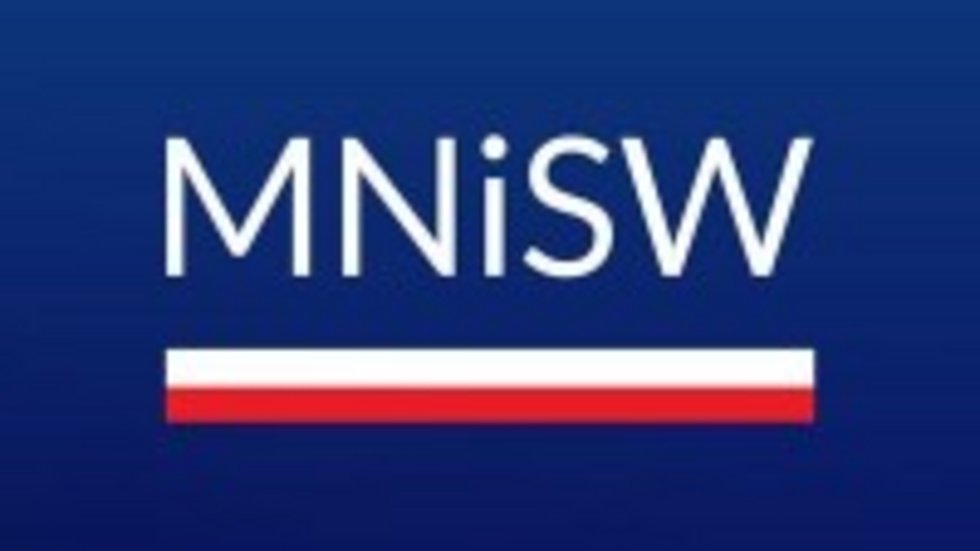
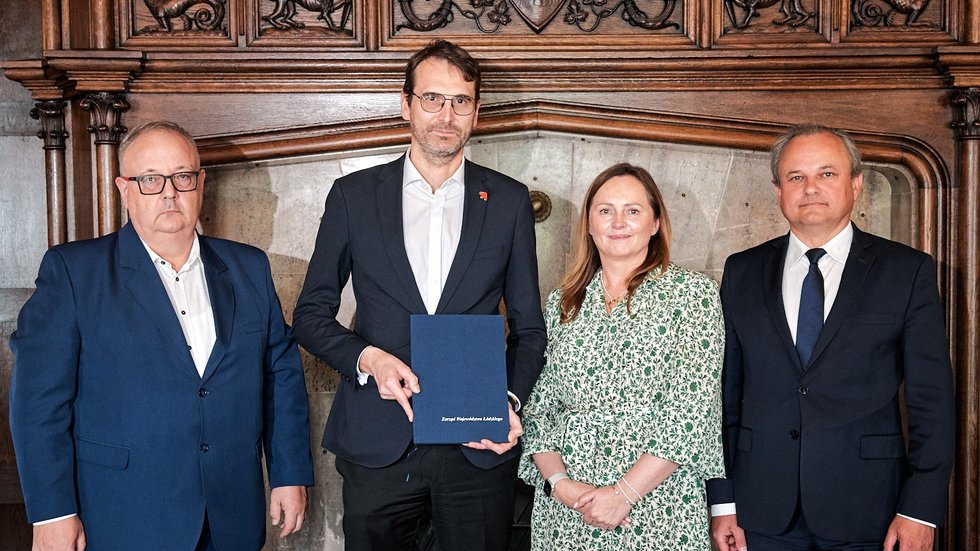
Half a Million PLN from the Voivodeship Marshal for the UniLodz Doctoral Schools
Category:
Uniwersytet
![Creative people working at office [Translate to English:] element dekoracyjny](/fileadmin/_processed_/d/2/csm_AdobeStock_299528429_5a1a9126e1.jpeg)
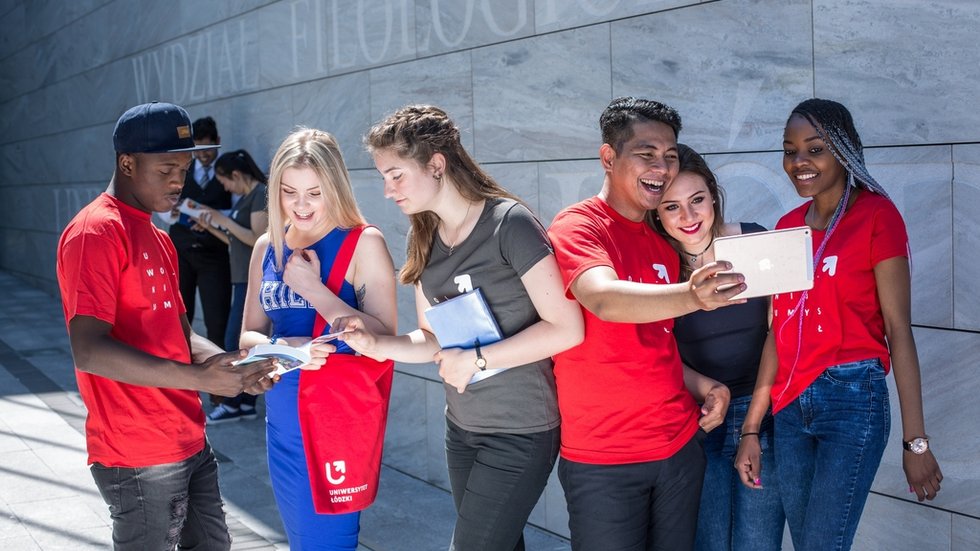
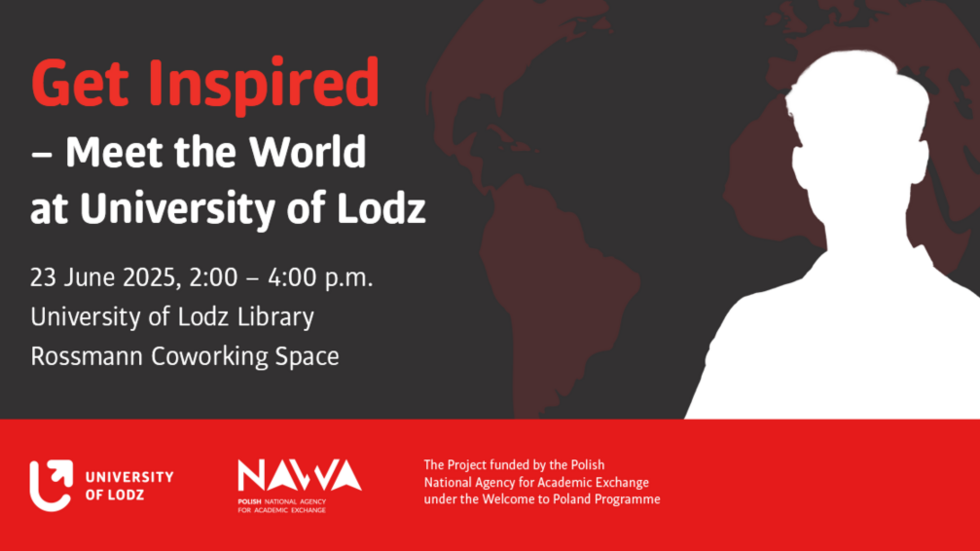
![[Translate to English:] neon CSD UŁ](/fileadmin/_processed_/f/5/csm_foto_csd_54689fde8b.jpeg)
![[Translate to English:] grupa uśmiechniętych ludzi w różnym wieku](/fileadmin/_processed_/0/0/csm_9x4_II_grupa_rado%C5%9B%C4%87_6d65e6ff51.jpg)
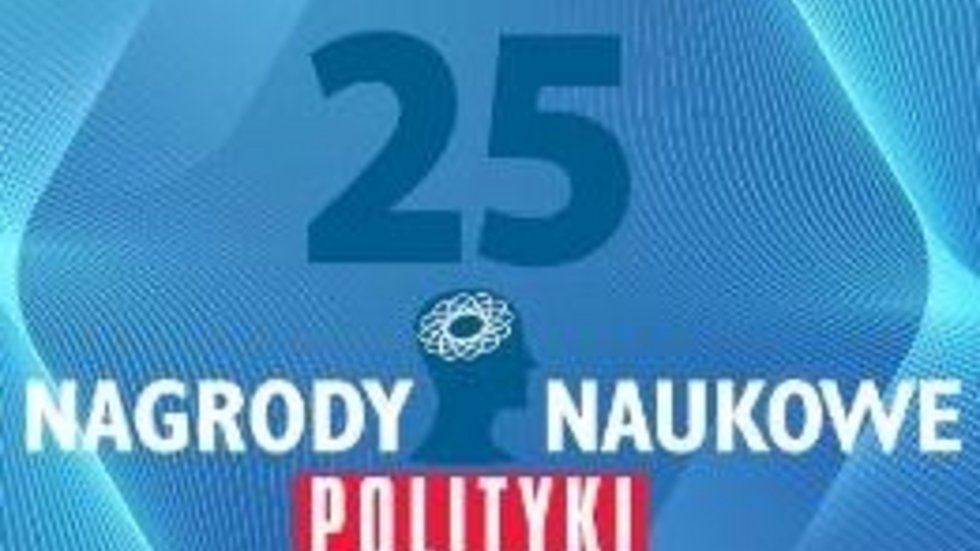
POLITYKA Science Awards for Young Researchers – Applications Are Now Open
Category:
Uniwersytet
![[Translate to English:] ludzie z walizkami](/fileadmin/_processed_/b/6/csm_9x4_II_podr%C3%B3%C5%BC_baga%C5%BC_c8145dd49e.jpg)
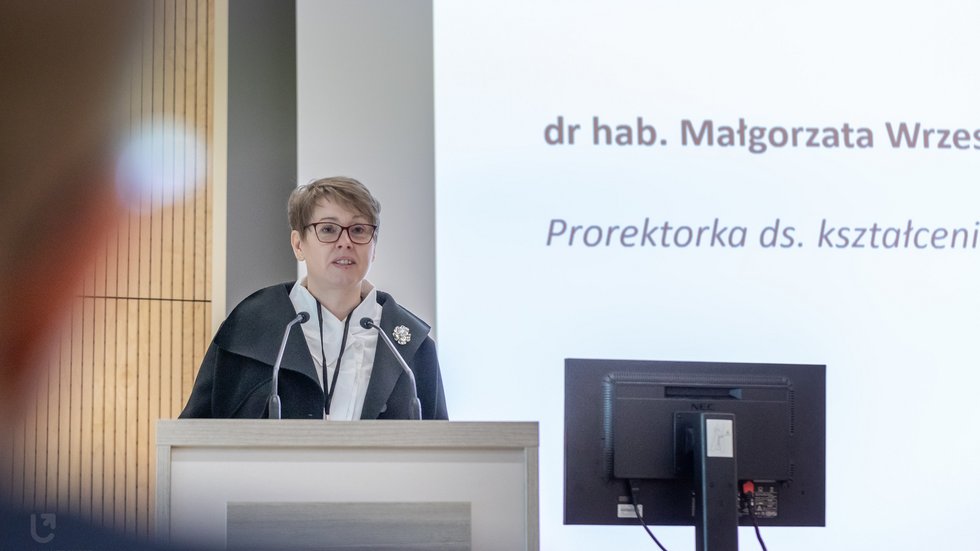
Tutoring, i.e. Individualisation of Education at the University of Lodz
Category:
Uniwersytet
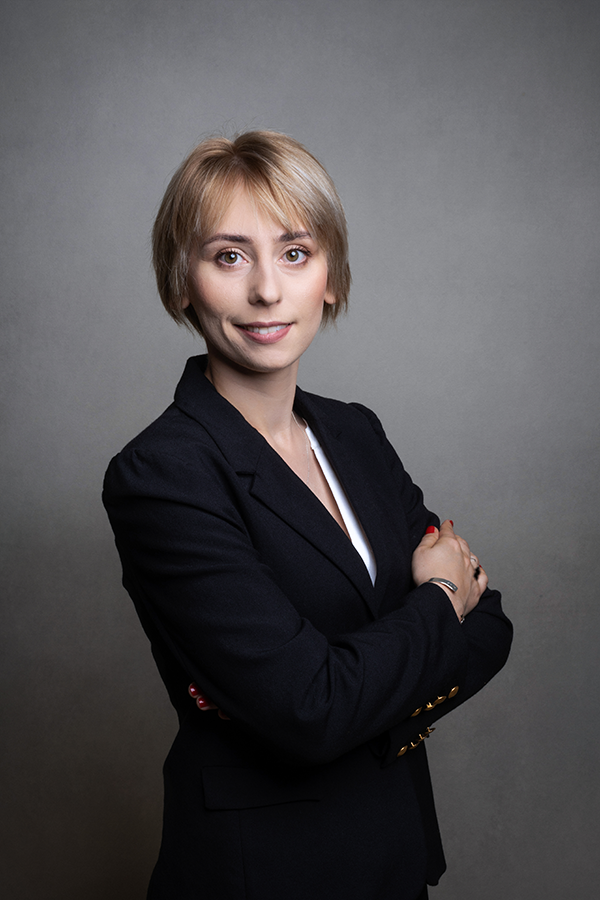
The UniLodz Doctoral Student as a Member of the Working Group on the Digitisation of Civil Procedure
Category:
Wydział Prawa i Administracji
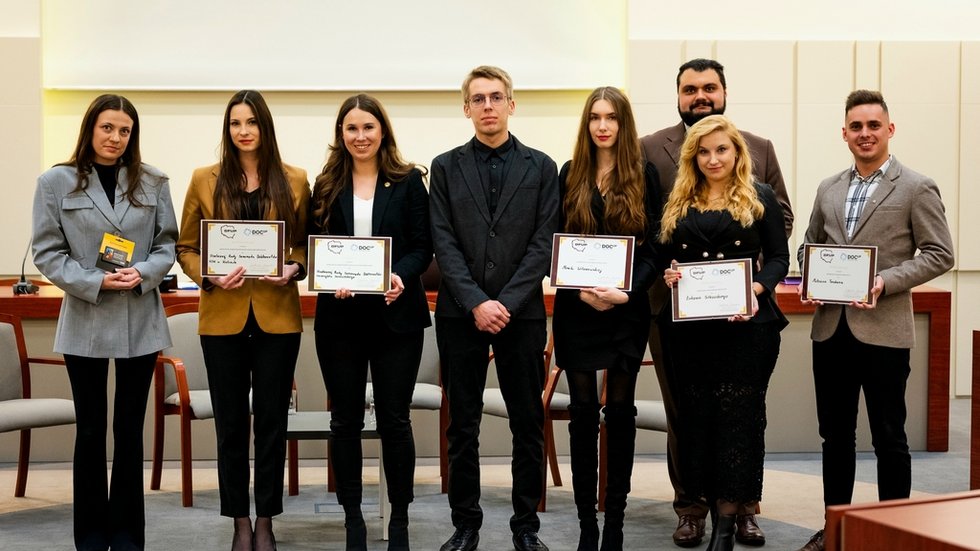
Doctoral Student from UniLodz Awarded in the DOCUP Competition
Category:
Uniwersytet
![[Translate to English:] osoby podnoszą ręce zgłaszając się](/fileadmin/_processed_/f/a/csm_9x4_II_teamwork_sukces_4ae1a69f77.jpg)
Research Award of UL Rector for Doctoral Students (2024/25) results
Category:
Uniwersytet
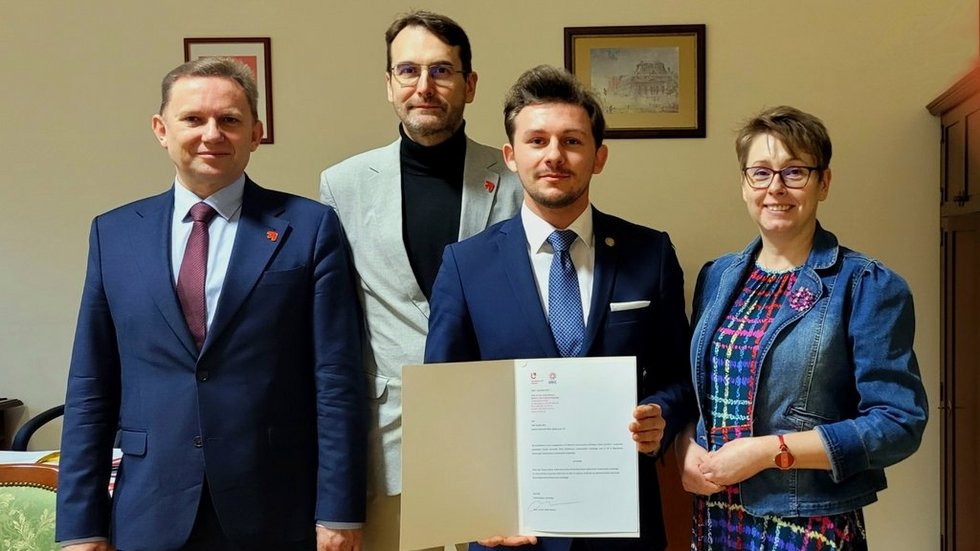
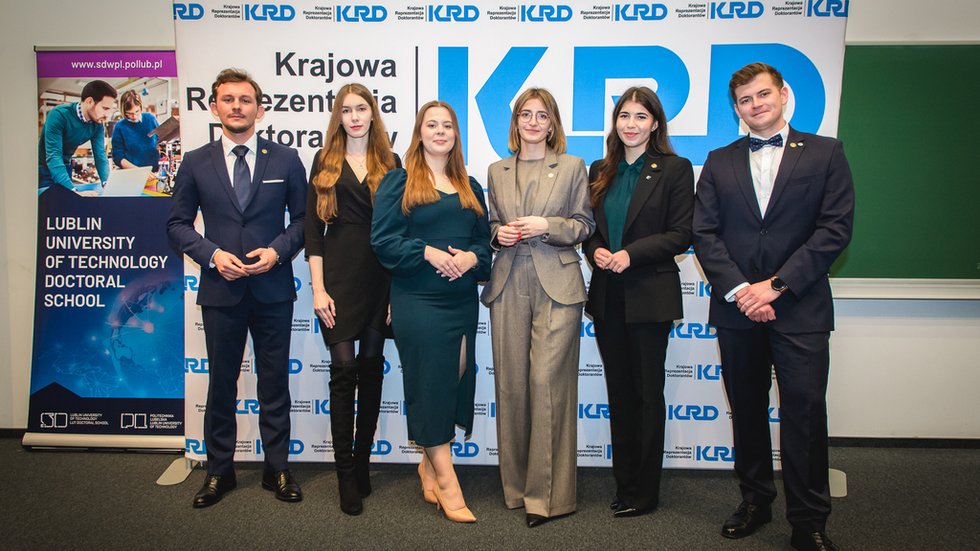

IDUB Doctoral Research Grants 2024 – Result of the Call
Category:
Uniwersytet
![[Translate to English:] logo STER](/fileadmin/_processed_/a/9/csm_ster-mini_b1cbb9d040.png)
![[Translate to English:] Nagroda Rektora [Translate to English:] Nagroda Rektora](/fileadmin/_processed_/b/3/csm_AdobeStock_296552751_29e790d508.jpeg)
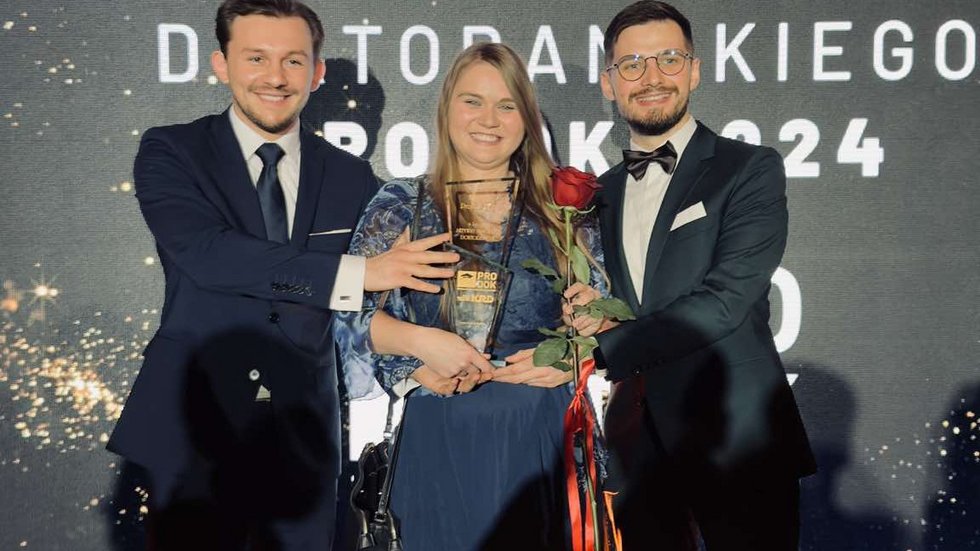
The UniLodz Doctoral Students' Government Council Wins the ProDok 2024 Competition!
Category:
Uniwersytet
![[Translate to English:] uśmiechnięta osoba](/fileadmin/_processed_/b/1/csm_9x4_II_zbli%C5%BCenie_twarz_lifestyle_f1bd9bfd0a.jpg)
![[Translate to English:] logo STER](/fileadmin/_processed_/a/9/csm_ster-mini_b1cbb9d040.png)
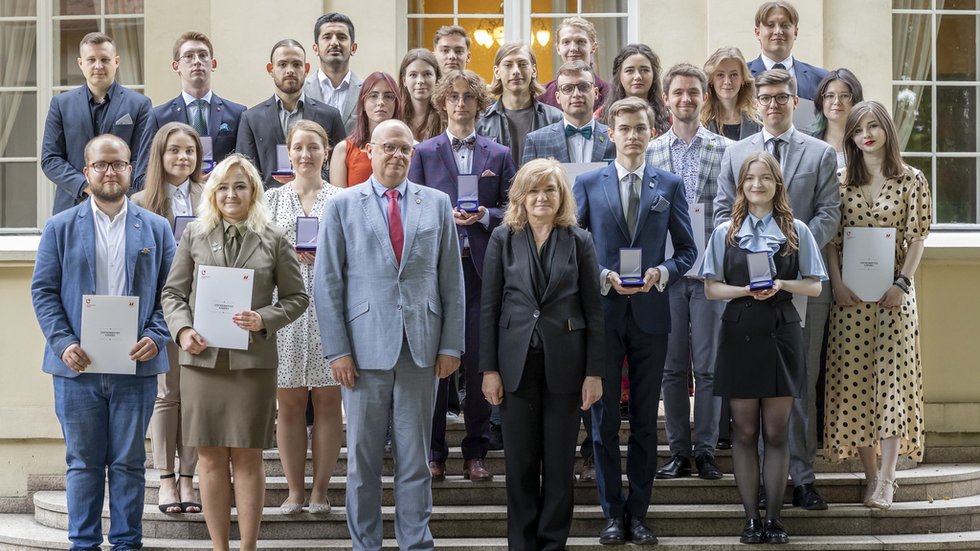
![[Translate to English:] dłoń wskazująca glob na wysokości RPA](/fileadmin/_processed_/7/6/csm_9x4_II_ziemia_obraz_cyfrowy_8b127fb685.jpg)
Erasmus+ mobility for Doctoral School - University of Pretoria (RSA)
Category:
Uniwersytet
![[Translate to English:] ludzie z walizkami](/fileadmin/_processed_/b/6/csm_9x4_II_podr%C3%B3%C5%BC_baga%C5%BC_c8145dd49e.jpg)
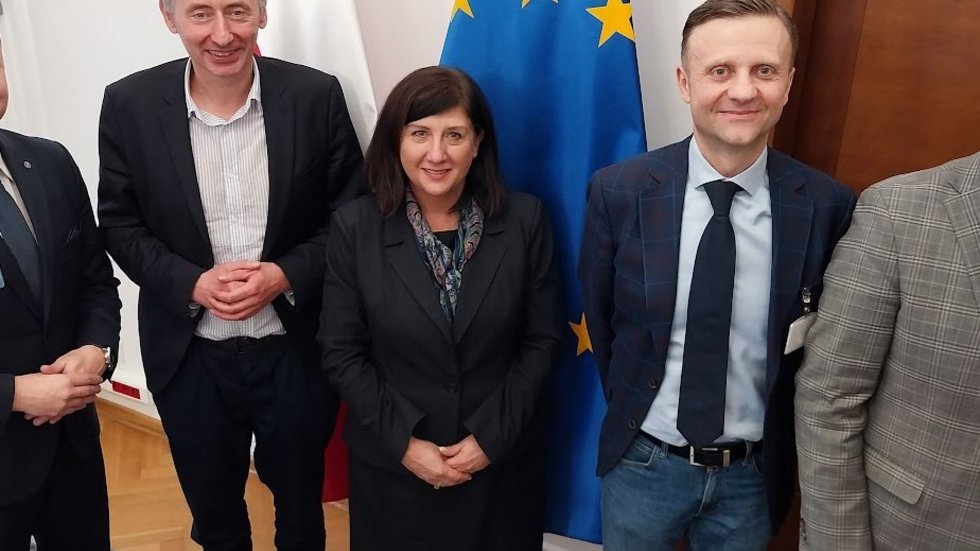
The Voice of Doctoral Schools Was Heard at the Ministry of Science and Higher Education
Category:
Uniwersytet
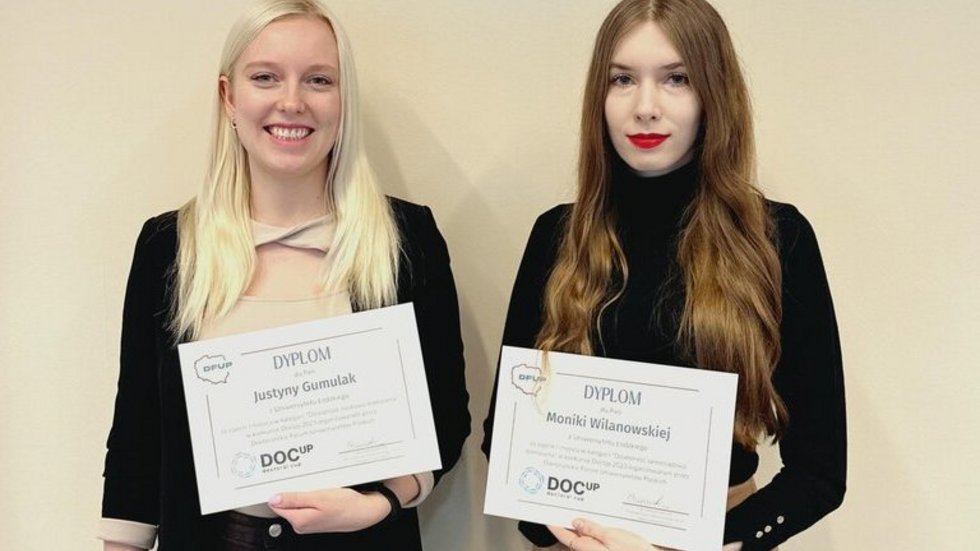
The University of Lodz Doctoral Students as Winners of DocUp 2023 Competition
Category:
Uniwersytet
![[Translate to English:] Nagroda Rektora [Translate to English:] Nagroda Rektora](/fileadmin/_processed_/b/3/csm_AdobeStock_296552751_eb9025d1cb.jpeg)
![[Translate to English:] stypendium dla wybitnych młodych [Translate to English:] stypendium dla wybitnych młodych](/fileadmin/_processed_/a/7/csm_mozg_AdobeStock_483630165_1bad673c94.jpeg)
Scholarship for outstanding young scientists – call 2023
Category:
Uniwersytet
![[Translate to English:] I Międzynarodowa Konferencja Doktorancka [Translate to English:] I Międzynarodowa Konferencja Doktorancka](/fileadmin/_processed_/d/0/csm__20A6652_d13d65510f.jpg)
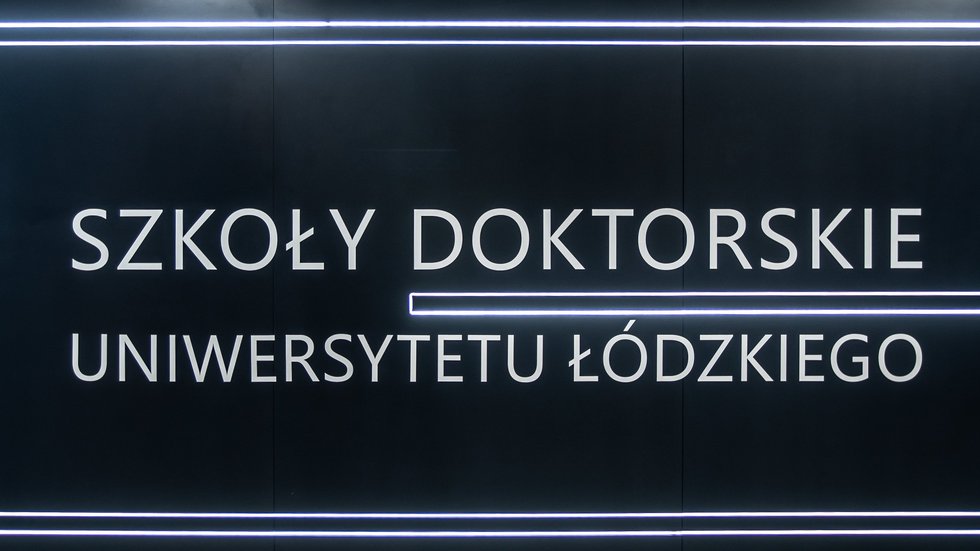
The University of Lodz Doctoral Schools as Beneficiaries of NAWA STER Programme
Category:
Uniwersytet
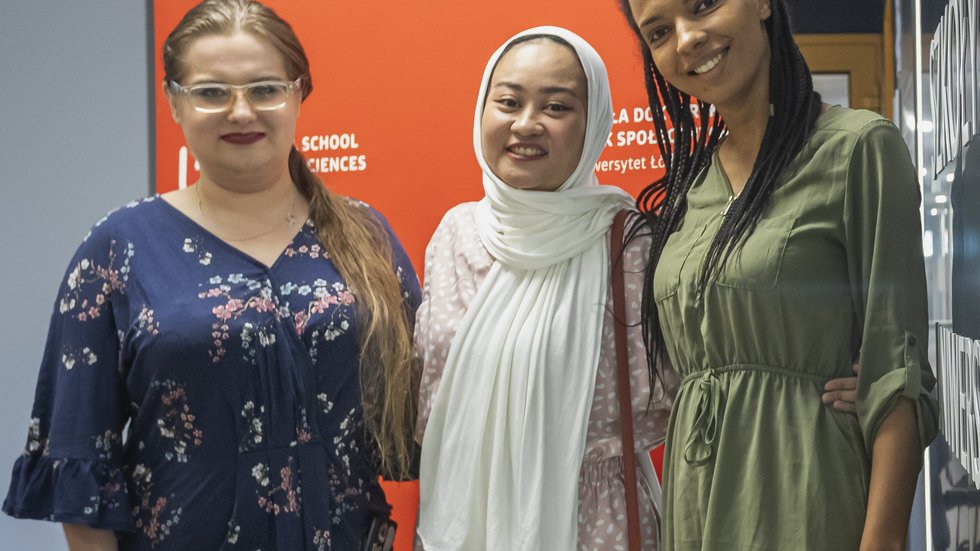
Social Aspects of Multiculturalism – #UniLodz SDNS Summer School
Category:
Uniwersytet
![[Translate to English:] Erasmus+](/fileadmin/_processed_/4/0/csm_dzien_doktoranta_AdobeStock_511614380_889633aebf.jpeg)

![[Translate to English:] mgr Michał Moneta](/fileadmin/_processed_/e/c/csm_mgr_Micha%C5%82_Moneta_bd8b7212a5.jpg)
![[Translate to English:] Otwarcie CSD [Translate to English:] Otwarcie CSD](/fileadmin/Jednostki/Szko%C5%82y_doktorskie/SDNS/Aktualno%C5%9Bci/2023/Nowa_strefa_dla_doktorantow_na_UL.5-1536x1024__1_.webp)
